You’ll hear it on 612 ABC Radio Brisbane.
So let’s look at the latest unemployment data.
So Queensland, interestingly, unemployment in Queensland went down slightly.
In other words, things improved here job-wise.
Unlike the rest of the country, where there was a surprise, the unemployment rate went
up around the rest of the country.
So what does this mean?
Particularly when, say, you’re sitting around the board table of a reserve bank saying,
OK, we can ease the pain on Australians, or we’re going to keep the pain level where it is
if they want a mortgage.
Well, Peta Tilse is head of funds management at NatGen.
Peta, tell me, explain the unemployment figures to me first of all, please.
Morning, Steve.
So essentially, the market was expecting about 4.3 per cent.
This is actually the highest number that we’ve recorded since 2021.
So that it is quite a bit of an outlier there.
And if you think back to 2021, that’s when we’re coming off those COVID highs of unemployment.
So it is quite interesting for the markets.
Over the course of this year, we’ve sort of been in about a 4 to 4.3 per cent band mostly.
So again, it’s sort of a bit of an outlier.
Now, when you’re looking at the detail, so jobs growth was about 15,000, and we were
expecting about 20,000.
Now, unemployment data does bump around a bit, I will say that.
I think when you and I have spoken previously, when I used to be on a trading floor, we used
to take bets on what we thought the number was and there was no real rhyme or reason.
You know, so it can bounce around a bit.
But what was interesting, what’s interesting for the economy is that it’s, you know, we’ve
been seeing a pick up in the consumer.
So you and I are spending more.
And also, this data kind of unravels a bit.
And this was in the Reserve Bank minutes, board minutes for the last meeting, that there’s been a slowdown in the government jobs and the government funded jobs.
So you think of the care economy, as they call it, like the NDIS, aged care, health,
but also bureaucracy.
So basically, four out of five jobs in the last two years has been created because of this economy.
And now basically government jobs or government funded jobs.
Correct.
Right.
And so that’s now slowing down, which means private sectors, the place where people are
getting jobs from here on in.
And I guess we in the private sector don’t hire as many people.
So depending on what people do.
Well, things are tough in the private sector at the moment.
So here’s what interests me, Peta.
Why are economic commentators saying this will change the equation when it comes to
the cash rate from the Reserve Bank, which, as everyone knows, has a significant effect on what my mortgage interest rates are.
Why will this affect that?
So you’ve got to remember what the Reserve Bank is trying to achieve with lower or higher interest rates.
And that’s their mandate is around inflation, the Australian dollar, and employment.
So this is one of those kind of factors.
And essentially the Reserve Bank Governor came out yesterday and she actually did say that policy is marginally tight.
So what that means for you and I with mortgages is there’s possibly one more rate cut coming.
Now that was pushed right out to next year after that inflation print that we had a few weeks ago, which surprised everyone, which was a bit higher than expected.
And essentially before this data came out, the market was pricing the possibility of
another interest rate cut at about 39%.
And now it’s about 70%.
So November and December meetings are in play.
We could see this.
The quarterly inflation print comes out in a few more weeks.
And that’s what they’ll be watching.
So we’ll know really in November what the RBA intends to do with the cash weight, which
will change the equation or may not for people with a mortgage.
Correct.
Peta, I really appreciate your help walking me through the mysteries of economics.
Peta Tilse, thank you very much once again.
Good on you, Steve.
Thank you.
Peta Tilse is Head of Funds Management at NatGen.
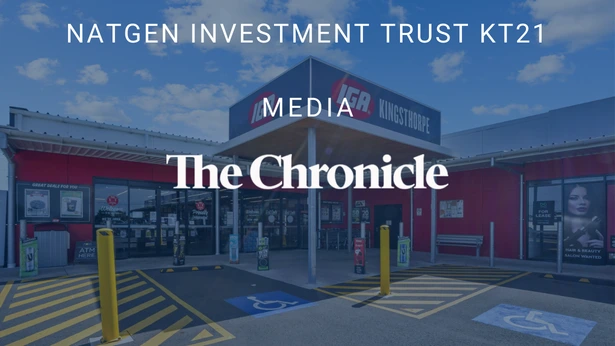
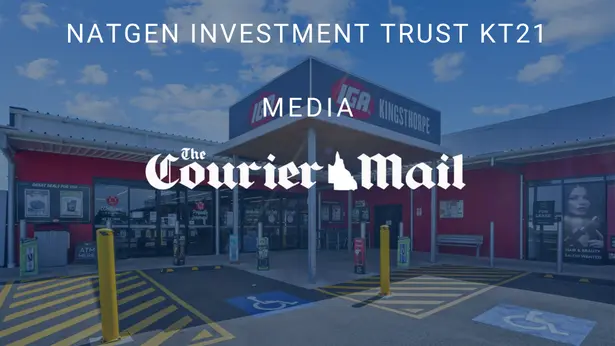


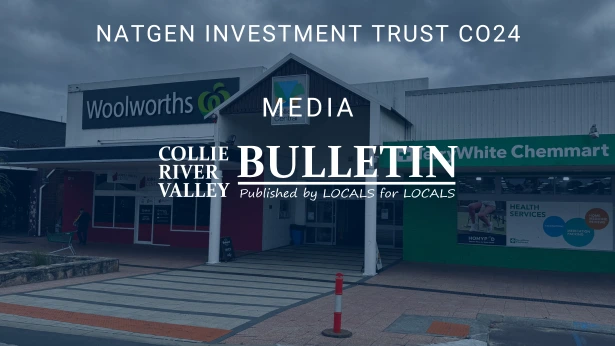
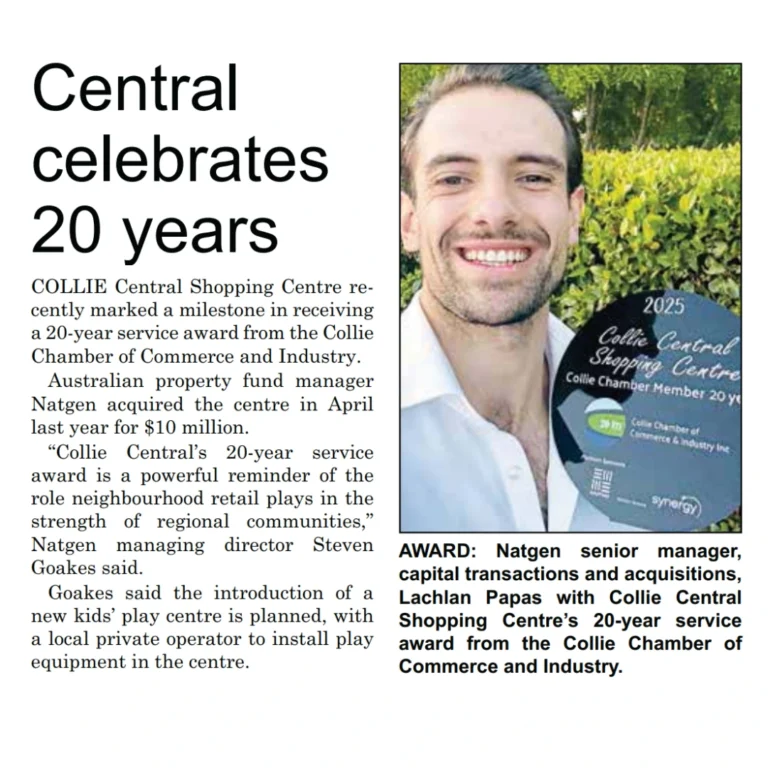
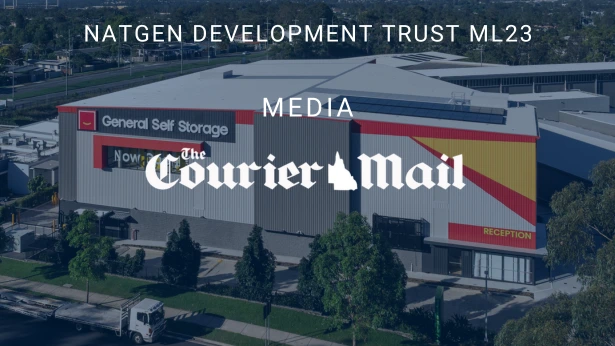
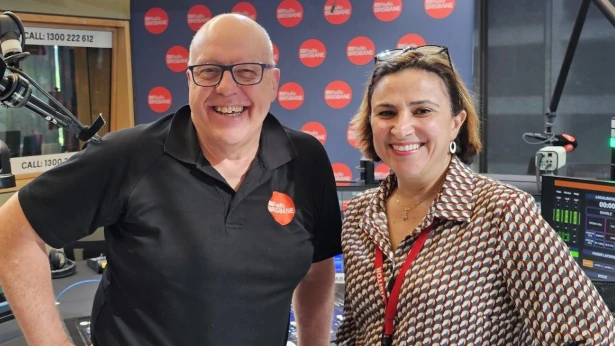




















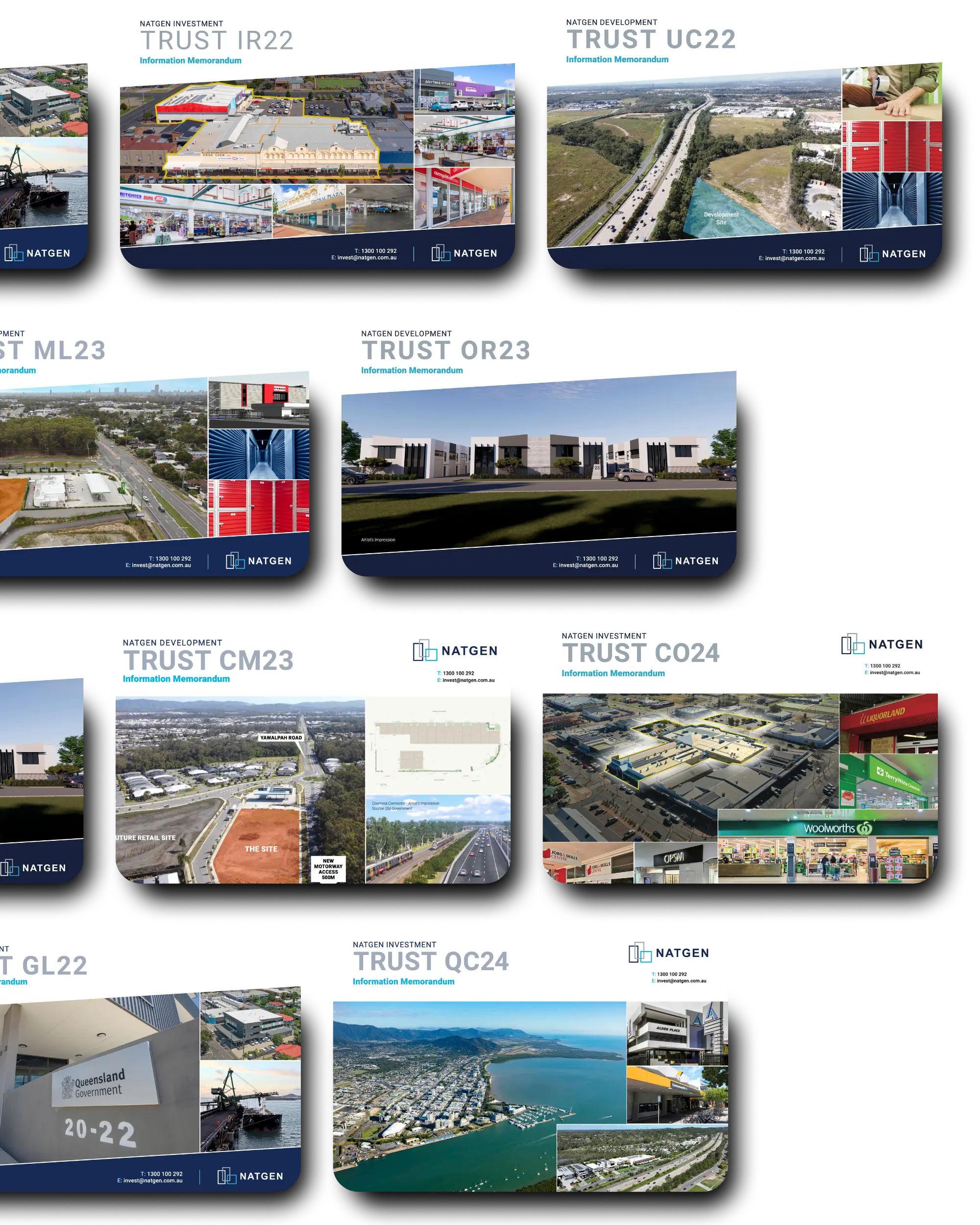

1,600+ followers